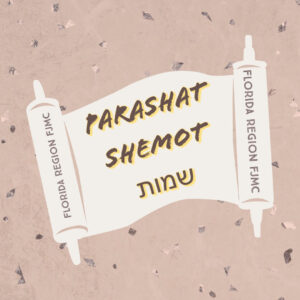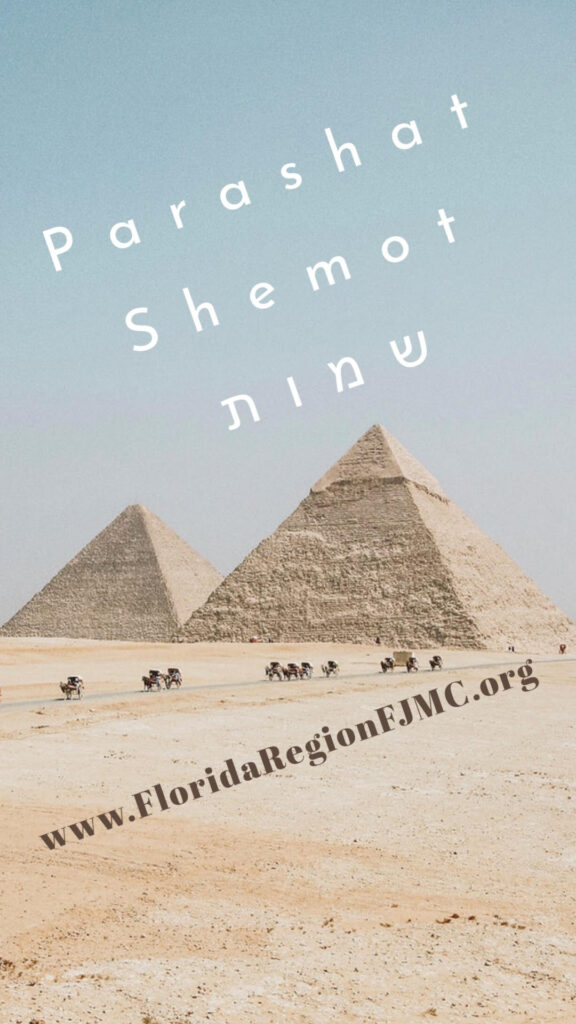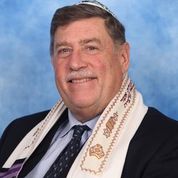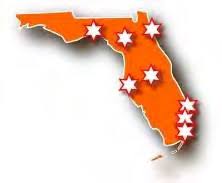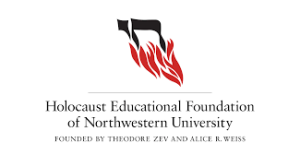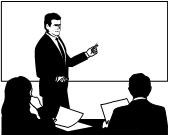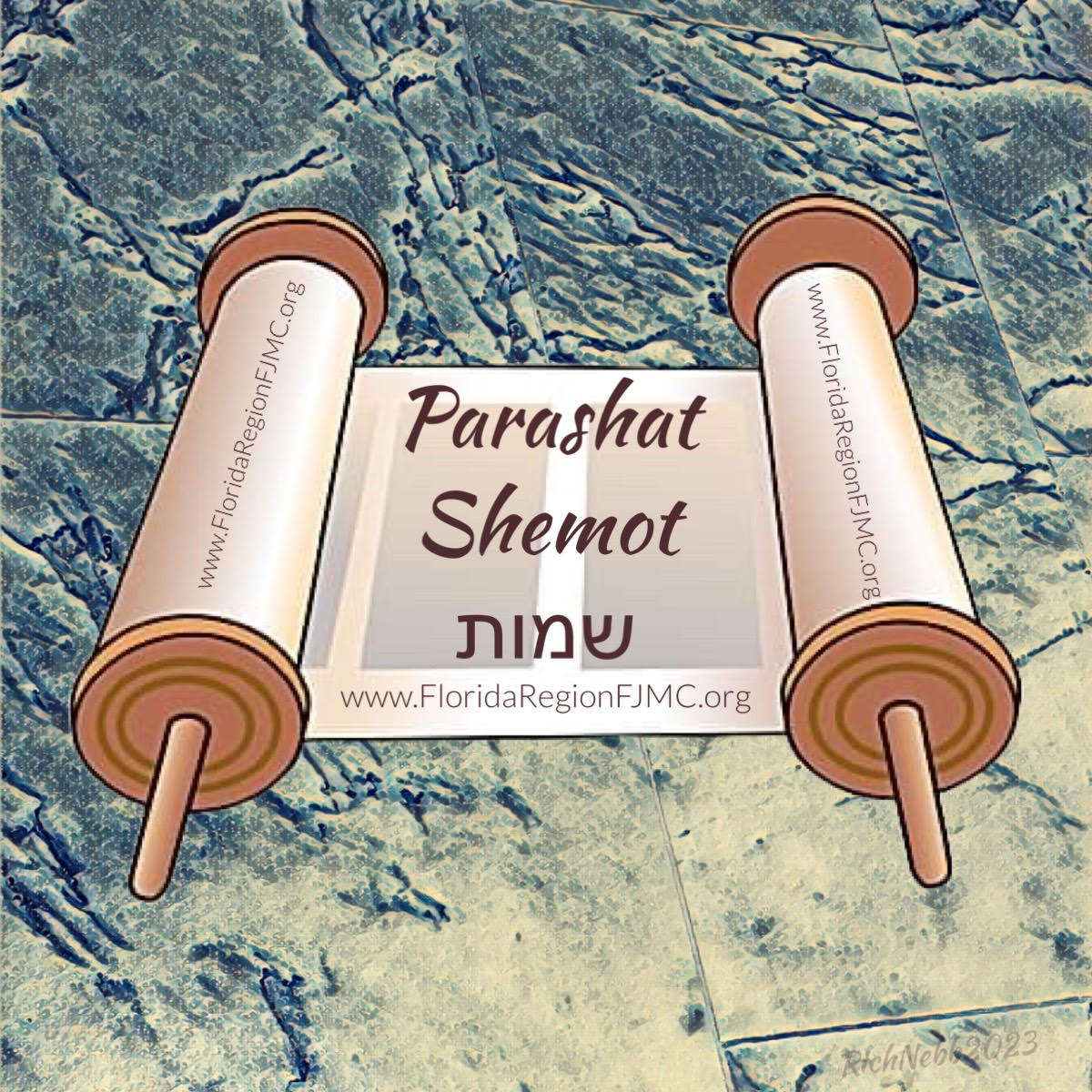
When you Choose Shabbat, you choose to learn that every Shabbat is different and special. This week I learned that Parashat Schmot, (Exodus 1:1 through 6:1), the 13th weekly Torah portion in the annual cycle of Torah readings, is also the first reading from the Book of Exodus. According to Wikipedia, Shemot contains 6,762 Hebrew letters, 1,763 words, 124 verses and 215 lines of the Torah Scroll.
The underlying narrative of Schmot, (שְׁמוֹת), translated as “names“, is entwined within the reading of the Passover Haggadah; the story of the Israelites’ affliction in Egypt, the hiding and rescuing of the infant Moses, the life and times of Moses in Midian, the calling of Moses and circumcision, the meeting the elders and Moses before Pharaoh.
Rabbi Michael D Klein of Temple Torat Emet offers his insights on this week’s Torah reading, Shemot:
Let’s play make believe with the story of Passover. Let’s suppose, that Pharaoh did not impose restrictions on the Nation of Israel living in Goshen. He does not decree that every male child be killed and that we do not become his slaves but instead he chooses to allow us to freely go back to our ancestral homeland without restriction or malice. How would the Passover narrative have changed? Would we still commemorate the return to Israel? How would we celebrate this event in a different way?
My point is that most of the story of Passover would be entirely different if Pharaoh had not adopted a cruel and harsh attitude and “hardened his heart” against the Jewish people. Unfortunately, he could not overcome his own fanatical prejudices and xenophobia. He was steeped in a culture of extremes and unforgiveness. Rather than being grateful for Joseph’s abilities as dream interpreter and administrator, he chose to ignore this chapter of Egyptian history and instead focus on his personal hatred of the previous dynasty and the changes which it had facilitated. This raises several questions about the narrative that we will read over the next few Shabbatot.
- Why was Pharaoh so scared of the Jewish people?
- Based on what characteristics does G-d choose Moses to confront Pharaoh and lead the People to freedom?
- What symbolism is contained within the concept of the “burning bush which itself is not consumed”?
- Why is the defiance of Pharaoh’s decree by Shifra and Puah so important in the narrative?
- Why, at first, are the leaders reluctant to follow Moses and Aaron?
Rabbi Michael D. Klein attended Yeshiva College of South Florida and served as Torah Reader, Hebrew teacher, Chazzan and spiritual leader of various synagogues throughout South Florida. In January 2015 he became Ritual Director, Bnai/Bnot Mitzvah instructor and 7th grade Hebrew instructor for Temple Torat Emet of Boynton Beach. In October 2019 he was accepted into an accelerated track and received his shicha from Yeshiva Adath Wolkowisk and has been the Rabbinic leadership of Temple Torat Emet since August 2020. In September of 2022 he was appointed Rabbinic and Spiritual Advisor of the Florida Region of FJMC.
Choose Shabbat; choose to celebrate, to light candles, sing songs and learn a little Torah.
This moment of Jewish learning is brought to you by the Florida Region of the Federation of Jewish Men’s Clubs. We serve the needs of affiliated Jewish Men’s Clubs and Brotherhoods throughout the State of Florida. If you are not yet affiliated with the Federation, then today is the day to join us.
Get to know more about the FJMC Florida Region and our growing network of Jewish Men’s Clubs and Brotherhoods at www.floridaregionfjmc.org and please visit and LIKE our Florida Region FJMC Facebook Group at www.facebook.com/FloridaRegionFJMC.
